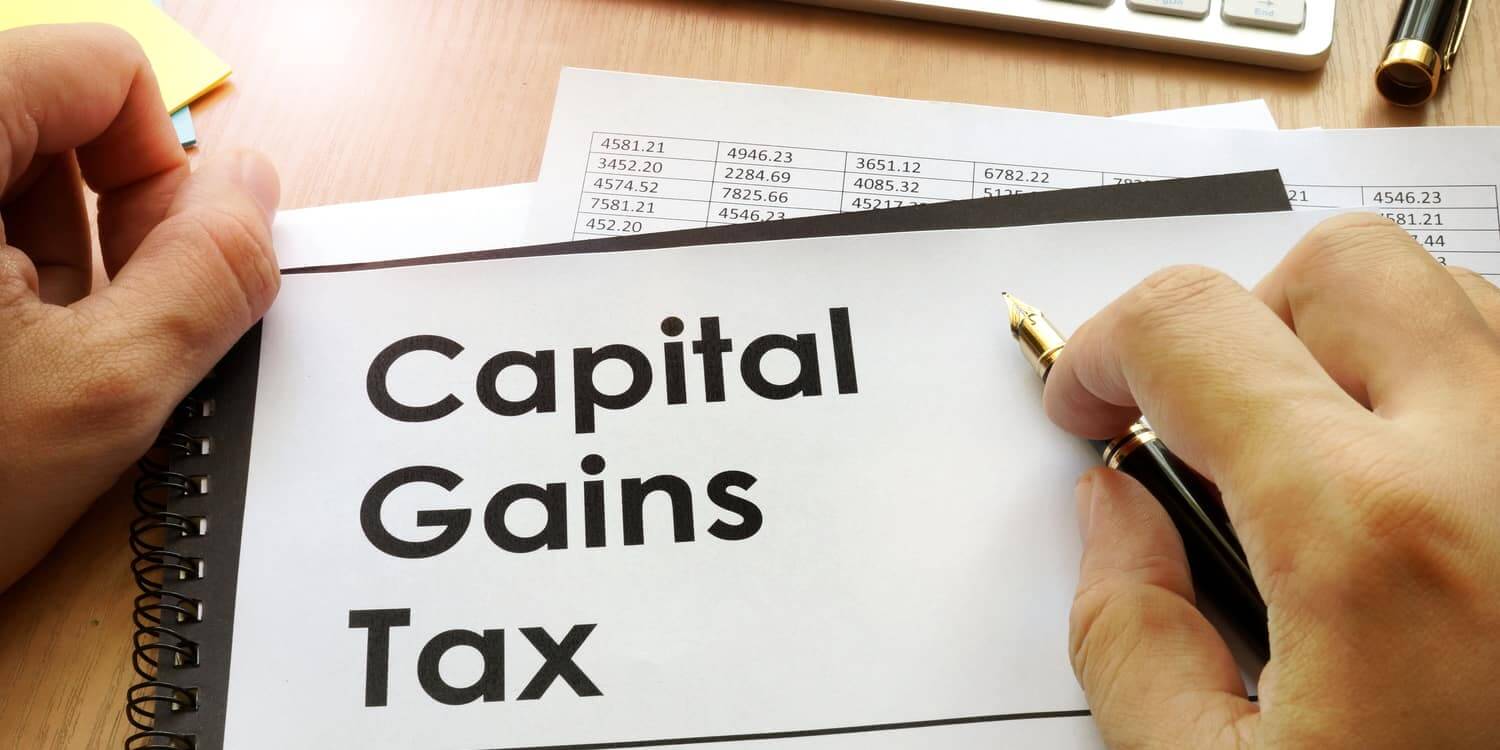How Capital Gains Tax changes may impact Landlords

In his 2022 Autumn statement, Chancellor Jeremy Hunt announced a reduction in the annual exempt amount on Capital Gains Tax (CGT). Effective from 6 April 2023, the current exemption of £12,300 will be lowered to £6,000, and further reduced to £3,000 from 6 April 2024. This exemption is applied to all taxpayers’ gains in the tax year and is lost if unused.
CGT is a tax that applies to profits made from the sale of an asset whose value has increased over time. ‘Chargeable assets’ that fall under CGT include most personal possessions worth £6,000 or more (excluding cars), property that isn’t the principal private residence, residential or commercial properties not covered by the principal private residence exemption, shares, unit trusts, and other investments that are not in an ISA or PEP, and business assets. Gifts to charity are usually exempt from CGT, and assets gifted to a spouse or civil partner are also exempt unless the couple lived separately in that tax year.
The reduced allowance for CGT will particularly affect landlords who hold property personally. The reduction in the allowance will increase the amount of CGT owed when a landlord sells a property they have let out. A higher rate taxpayer pays 28% on any gains from residential property, and a basic rate taxpayer pays 18%.
For example, a rental property originally purchased for £200,000 and sold for £250,000 during the 2022/23 tax year would result in a gain of £50,000. The first £12,300 of the gain would be covered by the exemption, assuming the taxpayer had no other gains in that year and would not be subject to CGT. However, the remaining profit of £37,700 would incur £6,786 in CGT for basic rate taxpayers and £10,556 for higher rate taxpayers.
The reduced allowance applicable from 1 April 2023 will see this example CGT bill increase to £7,920 for basic rate taxpayers and £12,320 for higher rate taxpayers. The following year, CGT on the sale of a £250,000 rental property would total £8,460 for those paying basic rate taxes, rising to £13,160 for higher rate taxpayers.
When a property is held in joint names, both parties can use their annual exempt amount to reduce the gain.
How will these changes effect limited company landlords?
For limited company landlords, the reduction in CGT allowance will not have any significant impact. However, changes to Corporation Tax will. If the sale of a property results in a profit, limited company landlords will pay Corporation Tax instead of CGT.
The current Corporation Tax rate is 19%, but this will increase to 25% from 1 April 2023 for companies with taxable profits of £250,000 or more. Companies with taxable profits of £50,000 or below will still be taxed at the current small profit rate of 19%. Companies with profits between these two amounts will be subject to a system of marginal relief.
If an individual owns two companies with a commercial connection, and the same group of people controls them, these limits may be reduced. In this case, each company will pay tax at 25% of its taxable profits exceeding £125,000.
Landlords should seek advice from their accountant or professional advisor for full tax advice.